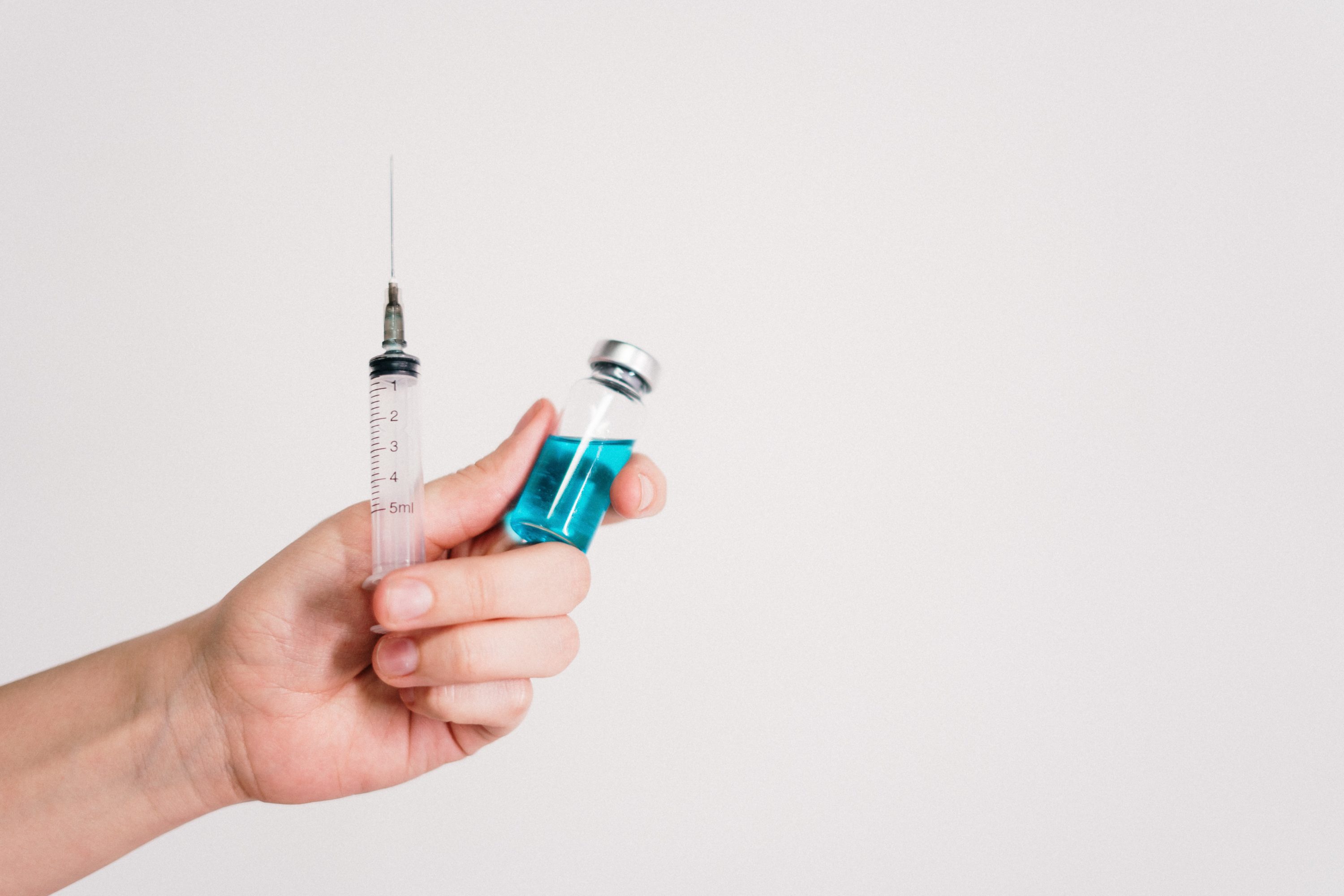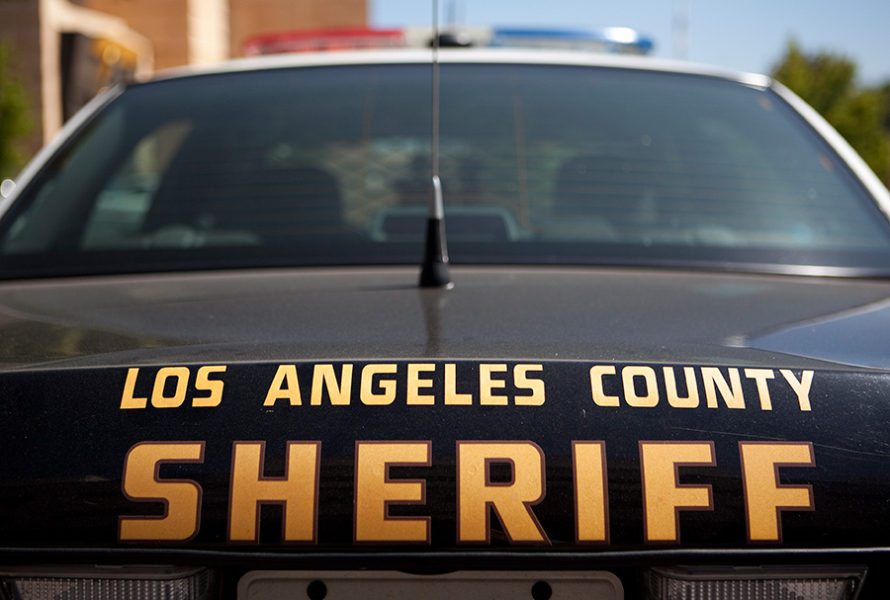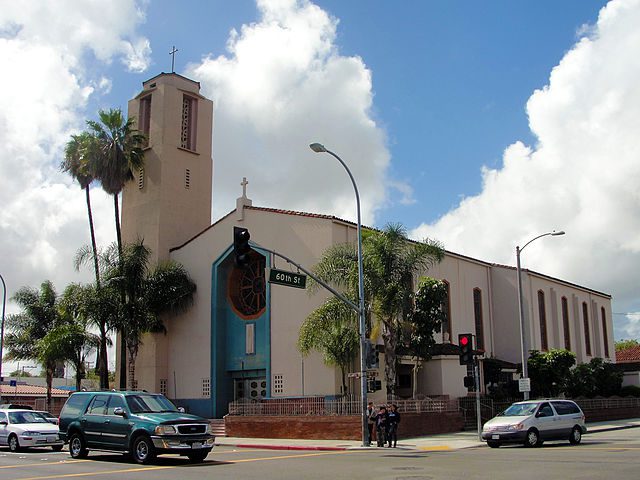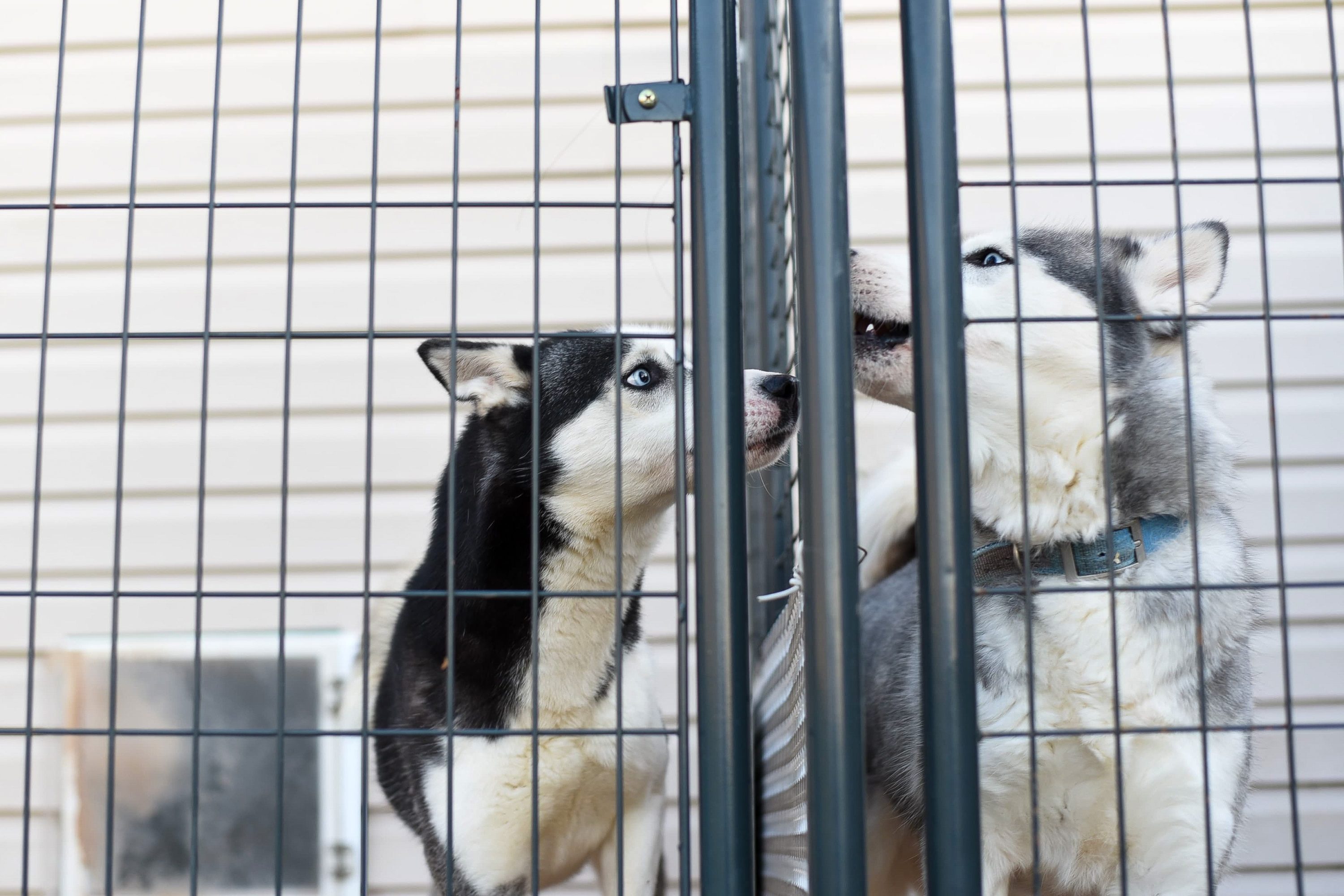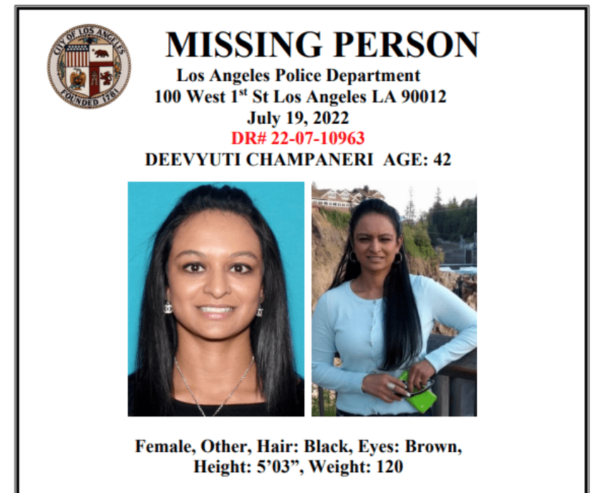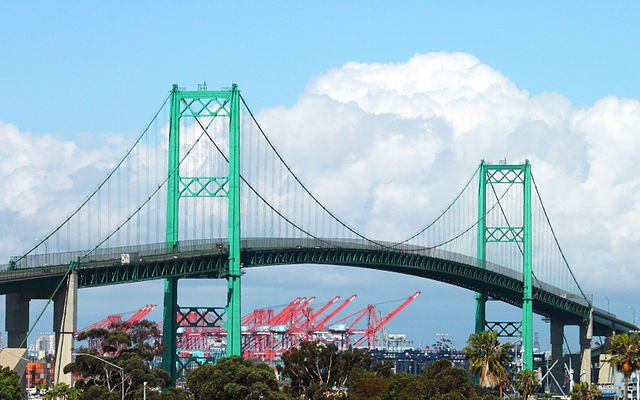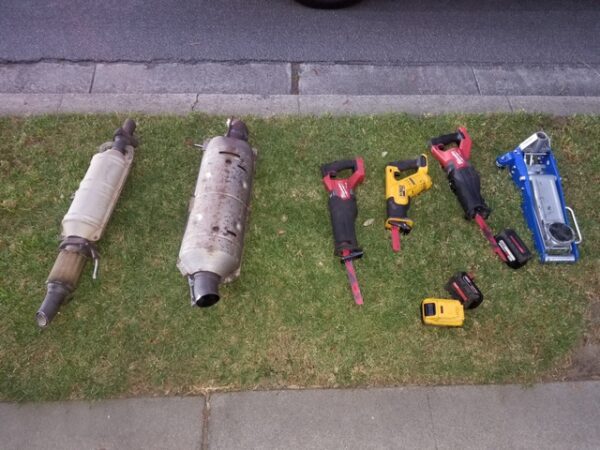Los Angeles County health officials announced Tuesday another slight expansion of monkeypox vaccine availability, along with a website allowing eligible residents to register for a waiting list to receive the shot.
As of Tuesday, there were 120 monkeypox cases in Los Angeles County, double the 60 that were reported a week ago and up from 54 reported 11 days ago. County Department of Public Health officials again stressed that while the number is getting higher, the risk of contracting monkeypox in the general population remains extremely low.
Dr. Rita Singhal, the department’s chief medical officer, noted that there have been no hospitalizations or deaths in the county due to monkeypox.
She acknowledged rising levels of concern among some residents due to the spread of the virus, which is usually restricted to select African nations but has now been detected in 69 countries around the world.
Andrea Kim, director of DPH’s Vaccine-Preventable Disease Control, said supplies of the JYNNEOS monkeypox vaccine remain extremely limited, although the county has received thousands more doses in recent weeks.
As of Tuesday, roughly 5,400 doses of the vaccine have been administered in the county. Kim said the county received about 9,800 new doses late last week, and another 7,000 are anticipated later this week.
While that number still remains low in a county the size of Los Angeles, health officials said they have slightly expanded the eligibility for the vaccine.
Shots will still be made available to people confirmed by the Department of Public Health to have had high- or immediate-risk contact with a known monkeypox patient, and to people who attended an event or visited a venue where they was a high risk of exposure to a confirmed case. Those people have generally identified through county contact-tracing efforts, and they will be notified by the county.
Last week, the county expanded eligibility to residents who meet a select criteria, saying they could obtain a vaccine from their health care provider, or with a referral from a health-care provider or through a self- referral to a vaccine clinic.
As of last week, those referrals were available for gay and bisexual men and transgender people with a diagnosis of rectal gonorrhea or early syphilis within the past three months. On Tuesday, however, the eligibility expanded to people who received such a diagnosis in the past year.
Also eligible for the shots are gay or bisexual men or transgender people who are on HIV pre-exposure prophylaxix, or PrEP, or who attended or worked at a commercial sex venue or other venue where they had anonymous sex or sex with multiple partners — such as at a sauna, bathhouse or sex club — in the past 21 days.
People who believe they fall into any of the criteria can contact their health-care provider to see if that provider can administer the vaccine.
Qualified people who do not have a healthcare provider — or whose provider does not carry the vaccine — can either make an appointment at a designated vaccine clinic or visit a walk-in location. Information is available at ph.lacounty.gov/monkeypox. A list of monkeypox vaccine locations is available at http://publichealth.lacounty.gov/chs/DPHMonkeypoxSchedule.pdf.
On Tuesday, the county also activated a website where residents can fill out an online form to see if they may be eligible for a shot and pre-register to be added to a waiting list.
People who register at the site and are eligible for the vaccine will receive a text message when it is available and with information on where to get the shot.
The registration website is ph.lacounty.gov/monkeypoxsignup.
The vaccine is a two-shot regimen, so additional supplies will be reserved to provide second doses to those who received the initial shot.
Health officials said the infection spreads through contact with bodily fluids, monkeypox sores or shared items such as bedding or clothing that were contaminated with fluids. It can also be transmitted through saliva and sexual contact.
Most people who develop monkeypox have only a mild illness that goes away within two to four weeks without treatment. People with symptoms are urged to visit a medical provider, cover the rash area with clothing, wear a mask and avoid close or skin-to-skin contact with others. The U.S. Centers for Disease Control particularly recommends those steps for people who recently traveled to an area where monkeypox cases have been reported, or who have had contact with confirmed or suspected monkeypox cases.
A full list of countries that have confirmed monkeypox cases is available at https://wwwnc.cdc.gov/travel/notices/alert/monkeypox.

